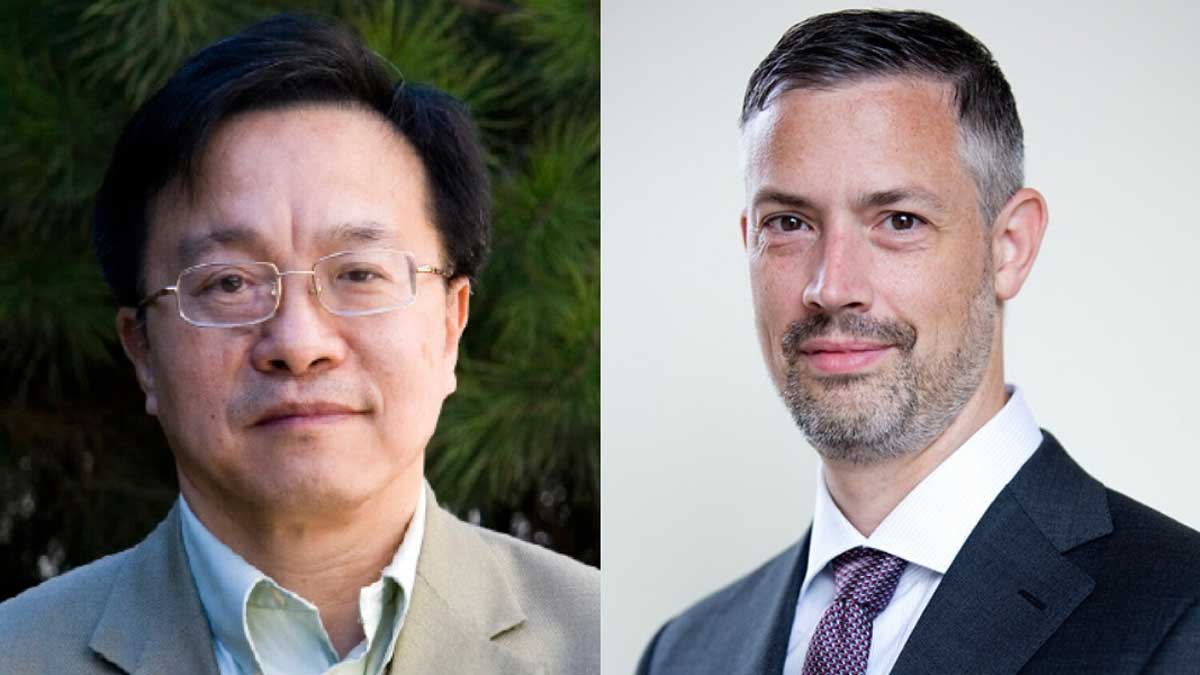Two researchers in bioengineering have received a three-year, $900,000 grant from the Robert J. Kleberg, Jr. and Helen C. Kleberg Foundation to develop a platform that would permit in-vivo genome editing.
The grant recipients are Gang Bao, department chair, Foyt Family Professor of Bioengineering (BIOE), and professor of chemistry, and of materials science and nanoengineering, and Caleb Bashor, assistant professor of BIOE and biosciences.
“CRISPR/Cas9 and related genome-editing machineries hold enormous promise for the treatment of many human genetic diseases,” Bao said. “CRISPR/Cas9 systems can disrupt and even correct disease-causing genes. We might be able to cure diseases that now can only be ameliorated symptomatically.”
At present, ex-vivo (outside the body) genome editing, performed on hematopoietic stem and progenitor cells, is being tested in clinical trials and holds promise for treating inherited blood disorders like sickle cell disease and beta-thalassemia. But the treatment of many of the most common genetic disorders requires precise editing of disease-related genes in vivo (inside the body), because it is impossible to isolate large numbers of cells from a patient, edit them and return them without causing substantial tissue damage. In addition, the cost is prohibitively high.
“There is a need for an efficient, tissue-specific delivery system for in-vivo gene editing. The fidelity of editing remains a major challenge, since Cas9 editing frequently results in off-target mutations and even large on-target deletions,” Bashor said.
Also, there is evidence that Cas9, a bacteria-derived enzyme, can trigger an immune response in some patients that results in toxicity and the elimination of edited cells.
Bao and Bashor propose to address all of these challenges by leveraging tools and techniques from the field of synthetic biology to create a smarter and potentially broadly generalizable platform for in-vivo genome editing.
“If successful,” Bao and Bashor said, “our platform could be a game changer for the genome-editing field and lead to the treatment of many genetic disorders that are otherwise incurable.”
Last year, Bao’s lab won a $2.45 million National Institutes of Health grant to pursue gene-editing-based cure of sickle-cell disease.
Author: PATRICK KURP

